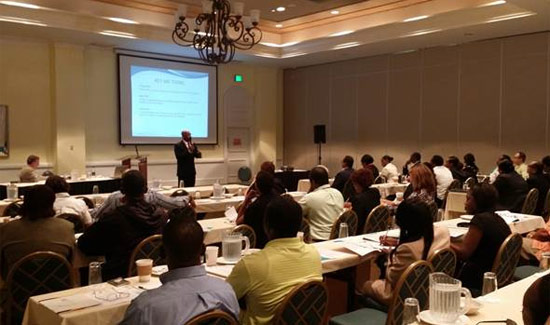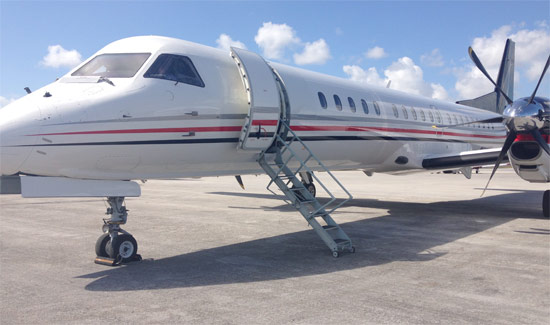The obligatory inclusion of 15 percent gratuity is without a doubt a point of frustration for most diners. Gratuity in The Bahamas is not so much a reflection of service but more an inflation of 15 percent in the price of food at a restaurant.
Gratuity, or the more informal tip, is a discretionary amount voluntarily given by a customer to reflect and reward the quality of service rendered.
Voluntary is key to the definition of gratuity, yet this notion is completely dispelled here in The Bahamas.
If frontline waiters and waitresses are guaranteed a 15 percent tip on every bill, what is their incentive to provide exemplary service?
It is presumptuous to think that all restaurant service in The Bahamas merits a compulsory 15 percent tip.
Such a policy only reinforces poor service while falsely elevating salary expectations.
Most frontline employees in the food service industry work extremely hard and should be monetarily rewarded for good service, but the amount of gratuity granted should be up to the discretion of the diner.
It’s absurd that gratuity is added to a Ben & Jerry’s ice cream cone at Marina Village. Is Starbucks next?
If service in The Bahamas is as good as advertised, then our servers will earn the 15 percent and more.
Americans are known to be very high tippers averaging 19 percent, according to Zagat’s 2012 America’s Top Restaurant survey. With a majority of our visitors coming from the United States, it is likely that the service industry is losing a substantial amount of potential earnings.
Though, with that said, visitors from other countries may feel relieved by its inclusion.
With our system not only are the very best servers left undertipped and therefore underpaid, some employers may use the obligatory gratuity to keep wages artificially low knowing each server will earn 15 percent per table.
However, should the compulsory tip be removed it is essential that measures be in place to ensure servers earn a fair baseline wage.
Voluntary gratuity is a form of feedback. Poor service usually equates to a poor tip and good service a good tip. Of course some customers are just downright frugal, but more often than not a customer is willing to pay for good service.
Gratuity amounts may be recommended or even broken down in percent increments as done in some parts of the United States, but the amount left is still up to the customer.
The Bahamas must work at its service skills, particularly outside of the major hotels. Local diners should not be subjected to shoddy service simply because they are not tourists or in institutions frequented by tourists.
Poor customer service extends beyond the restaurant industry, but it is most acute during a dining experience when hard earned cash is being given for nothing.
Evident by recent news that Baha Mar has sold well above $100 million of elite residences, service standards in The Bahamas will have to change to meet the expectations of high-net-worth individuals.
Whether the obligatory 15 percent gratuity to frontline workers will ever disappear remains elusive, but The Bahamas must elevate its service standards across all industries.
We need to encourage a culture where hard work is not only recognized but rewarded. Employees must be motivated to work beyond expectations and to strive for excellence.
Editorial
The Freeport News



